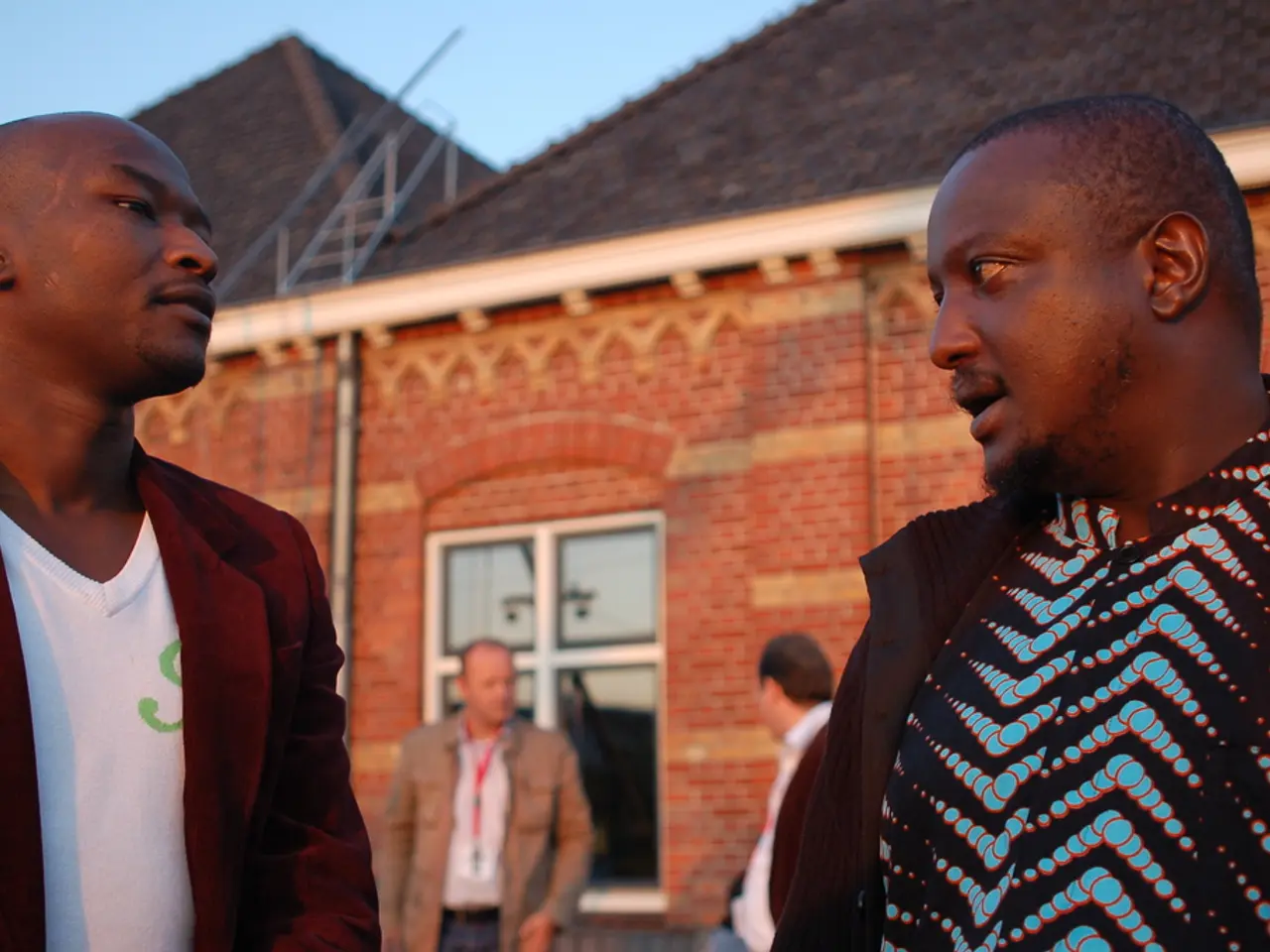Parliament of Ghana to Consider Legislation Combating False Information Spread
Ghana is set to introduce a new law aimed at combating misinformation and disinformation, a growing concern in the country, particularly during election cycles. The proposed legislation, known as the National Misinformation and Disinformation Bill, seeks to penalize those who intentionally disseminate false information and address the challenges posed by fake news, digitally altered content, and AI-generated deepfakes on social media platforms.
The Communications Minister and Ningo Prampram MP, Samuel Nartey George, will present the legislation to Parliament in its next sitting. The bill is intended to create a clear legal framework for law enforcement and hold individuals accountable for spreading false information.
The Cyber Security Authority (CSA) has been mandated to monitor and take action against misleading online accounts but faces challenges due to major platforms like Facebook and TikTok being foreign-owned and regulated externally. The new legislation would provide a legal foundation for tackling misinformation systematically, which is especially critical given the rising prevalence of false information online and its impact on society and elections.
The proposed law complements ongoing initiatives such as social media monitoring, fact-checking coalitions, media literacy campaigns, and advocacy efforts aimed at enhancing public resilience to misinformation. Civil Society Organisations like the Media Foundation for West Africa (MFWA) have been working to address the issue of misinformation through media literacy campaigns and journalist training.
The announcement of the new law was made at a press briefing on April 9. George has called for a collective civic duty to be mindful in communication and emphasized the importance of transparency and collaboration. He warned that individuals who engage in misinformation and disinformation will be clamped down on once the new law is passed.
The new law is being introduced due to concerns about digital falsehoods posing a threat to political stability and social cohesion across the continent. The bill is part of a broader effort across Africa to combat misinformation, which is often fueled by political influence, limited regulation, and the rise of generative AI.
Once passed, the law will provide a legal foundation for cracking down on digital falsehoods in Ghana. The bill aims to curb the spread of false information in Ghana, especially during election cycles, to protect the integrity of elections and maintain social harmony.
[1] Source [2] Source [3] Source [4] Source [5] Source
- Amidst growing concerns about the impact of misinformation on politics, general news, and social cohesion, the proposed National Misinformation and Disinformation Bill in Ghana seeks to provide a legal framework for combating false information and hold individuals accountable for its dissemination.
- The Communications Minister, Samuel Nartey George, has emphasized the importance of transparency and collaboration in addressing this issue, stating that those who engage in misinformation will be clamped down on once the bill is passed, a move aimed at curbing the spread of false information during election cycles and maintaining social harmony.








